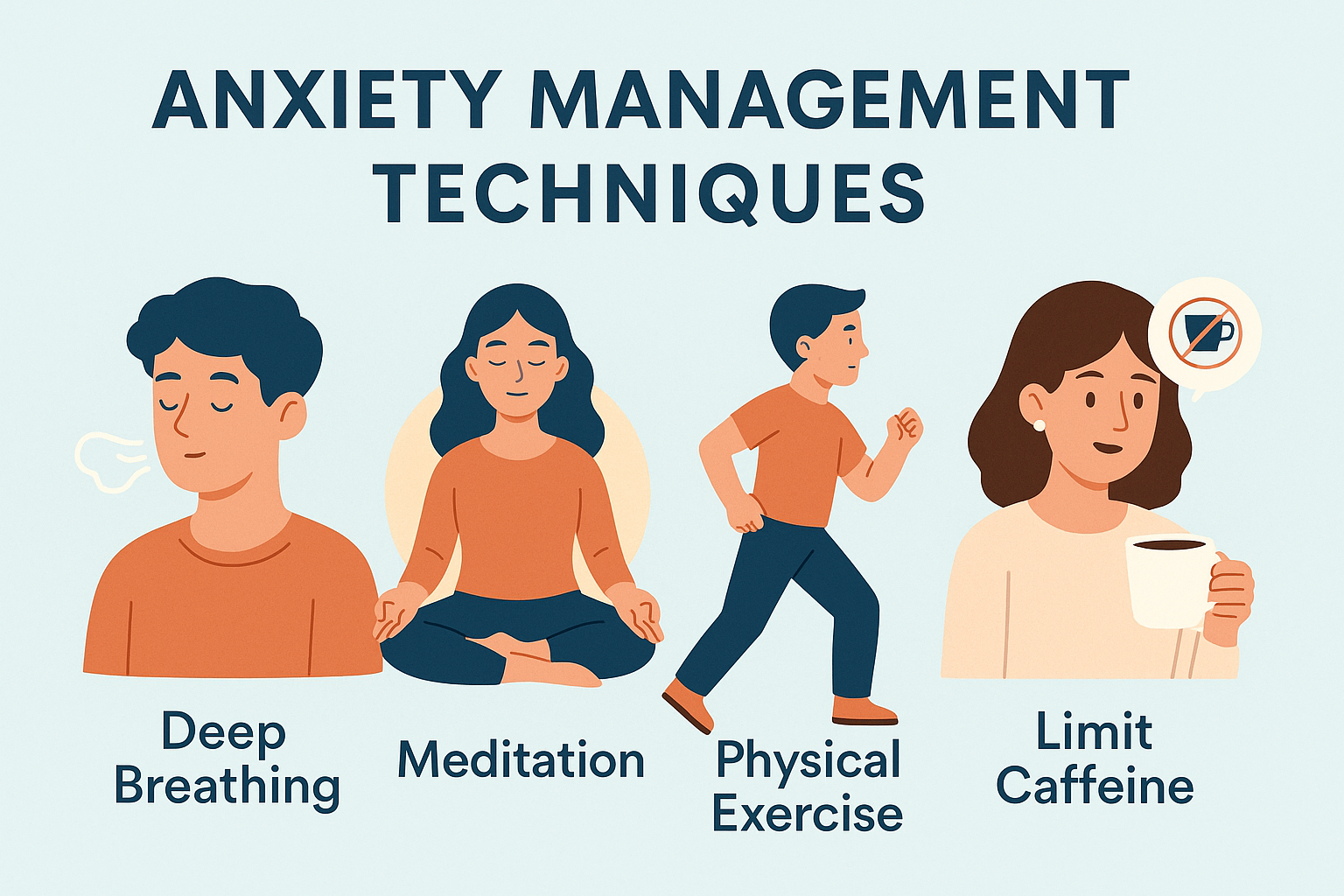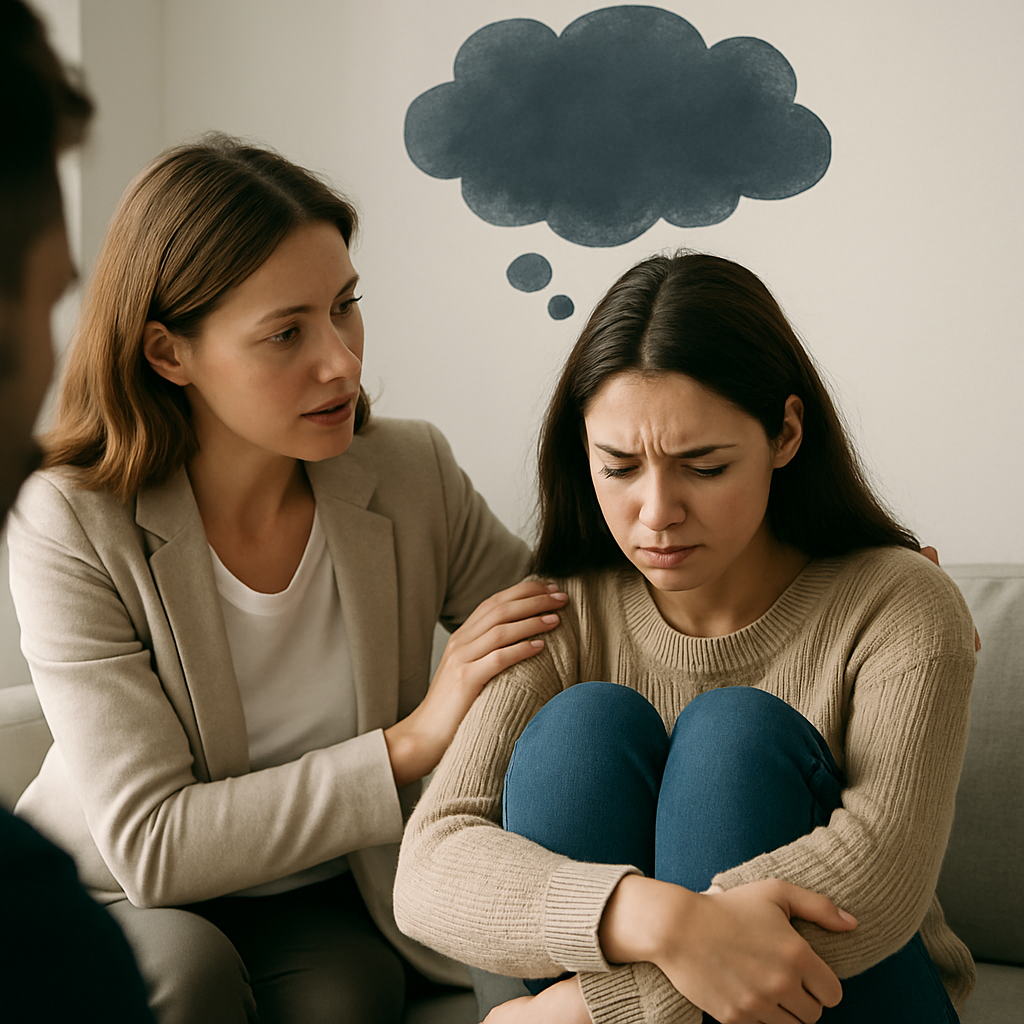
How the COVID-19 Pandemic is Impacting Children with Autism
December 14, 2020
How the COVID-19 Pandemic is Impacting Children with Autism
The COVID-19 is causing disruptions in many people's lives. It has shut down schools and businesses, causing children and adults to change their routines. Students are completing online learning sessions with Zoom calls for live instruction and parents are trying to juggle working from home while helping their children with their schoolwork. The routine of almost every American has been disrupted and new routines were needed.
When it comes to a change in routine, children with autism often find this a challenge and may exhibit strong resistance. The closures of schools and other facilities where children attend on a daily basis can cause additional tension. Since the COVID-19 pandemic has drastically disrupted and altered routines of children with autism triggering meltdowns and aggression, it is important to find new ways for families with children with autism to adapt.

Accommodating Our Loved Ones with Autism During A Pandemic
Introduce new daily routines/structure.
Since your child's school may be closed, it is important to create new daily routines and structure. These routines should be predictable to alleviate stress and anxiety within your child. Visual schedules are a great tool as well as social stories as these help children understand what is happening and what they should do.
Be patient. Do not expect them to immediately take on new routines. Learning online and being bound to the house may be difficult for your children. If your child has sensory sensitivities, it may be difficult to get them to wear a mask. Remember to be patient with them and with yourself.
Let your child self-stimulate. This is a stressful time for everyone, and you would never want someone judging you for your binge-watching behaviors right now. Children with autism often find ways to self-stimulate such as using a fidget toy or spinner, rocking, or hand-flapping. As long as they are self-regulating and not hurting themselves, allow your child to self-soothe.
Introduce a rule/rules. Your child may be overwhelmed by what they hear about COVID-19 and the pandemic which may lead to the same question being asked. It's important to answer these questions honestly and without causing fear. If your child continues asking the same questions, create a rule that they can only ask these questions after a meal and set a time limit like 3-5 minutes.
Practice hand washing. Since hand washing is one of the best ways of prevention it's important to teach the best techniques. Make a list of the steps and start teaching them. This may start with you showing your child using hand over hand techniques and working your way to reducing your help and allowing them to do this on their own. Provide social rewards when your child has mastered washing their hands. Use an hourglass, timer, or sing a song to teach them how long you should wash your hands.
Provide physical activity. This is especially important if your child is energetic. Exercise and movement are important and can help many children with autism to self-regulate.
Be patient. Do not expect them to immediately take on new routines. Learning online and being bound to the house may be difficult for your children. If your child has sensory sensitivities, it may be difficult to get them to wear a mask. Remember to be patient with them and with yourself.
Let your child self-stimulate. This is a stressful time for everyone, and you would never want someone judging you for your binge-watching behaviors right now. Children with autism often find ways to self-stimulate such as using a fidget toy or spinner, rocking, or hand-flapping. As long as they are self-regulating and not hurting themselves, allow your child to self-soothe.
Introduce a rule/rules. Your child may be overwhelmed by what they hear about COVID-19 and the pandemic which may lead to the same question being asked. It's important to answer these questions honestly and without causing fear. If your child continues asking the same questions, create a rule that they can only ask these questions after a meal and set a time limit like 3-5 minutes.
Practice hand washing. Since hand washing is one of the best ways of prevention it's important to teach the best techniques. Make a list of the steps and start teaching them. This may start with you showing your child using hand over hand techniques and working your way to reducing your help and allowing them to do this on their own. Provide social rewards when your child has mastered washing their hands. Use an hourglass, timer, or sing a song to teach them how long you should wash your hands.
Provide physical activity. This is especially important if your child is energetic. Exercise and movement are important and can help many children with autism to self-regulate.
Contact Us
At the Beckloff Behavioral Health Center, serving the Dallas, TX area, we provide counseling services and educational development for children, teens, families, and adults. Regardless of age, our staff works alongside those with anxiety, mood issues, anger, depression, and behavioral concerns.
We also work with students with autism, ADHD, and other neurobiological differences. Through our assessments, including ADHD assessments, we find the individual needs of our clients and create individually tailored treatment plans to promote enhanced self-understanding, acceptance, and creativity. We offer child therapy services including play therapy, ADHD behavior therapy, and more.
If your child with autism is having a difficult time processing and coping with the pandemic, contact our team. We can help promote a more adaptive and enriching life experience.
We also work with students with autism, ADHD, and other neurobiological differences. Through our assessments, including ADHD assessments, we find the individual needs of our clients and create individually tailored treatment plans to promote enhanced self-understanding, acceptance, and creativity. We offer child therapy services including play therapy, ADHD behavior therapy, and more.
If your child with autism is having a difficult time processing and coping with the pandemic, contact our team. We can help promote a more adaptive and enriching life experience.



